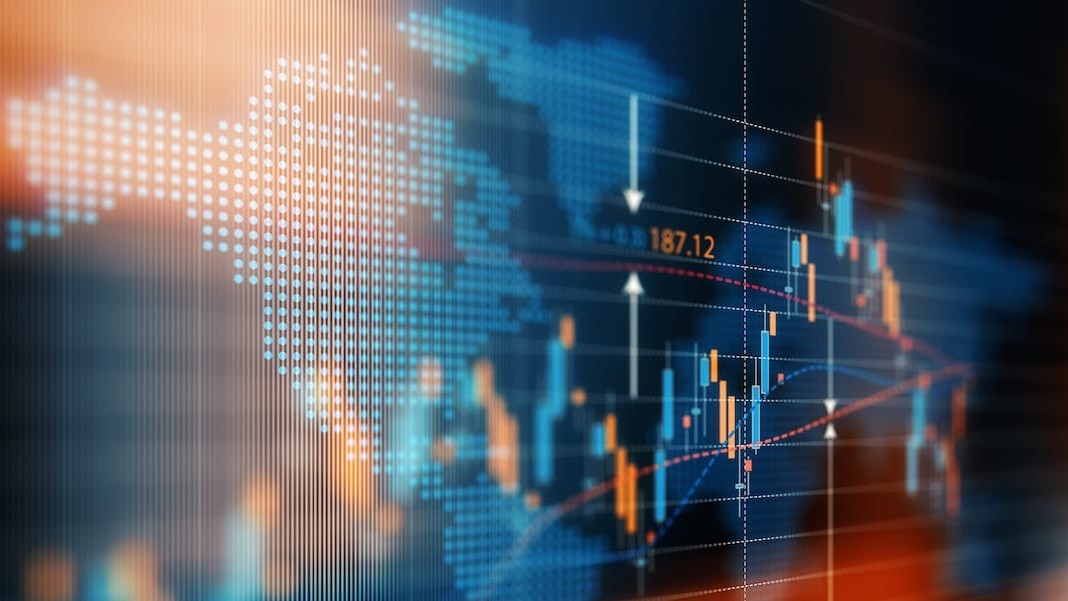You’ve heard of cryptocurrency, and the technology that makes it work, the blockchain. (Or if you haven’t, check out our guides here and here.)
For Bitcoin, the blockchain stores records for every transaction ever made, all the way back to the very beginning. It’s a publically accessible record stored across a vast network, making fraud nearly impossible. While private user info is kept private, you can otherwise see exactly where all the Bitcoin wealth lies, and see when and where it changed hands.
But this technology did more than make it possible for the Winklevoss twins to become even more rich — the blockchain provides a way to determine truth in digital assets. This has potentially far-reaching implications for a variety of industries, and people are starting to see the value of utilizing blockchain tech for applications beyond cryptocurrency.
Here are some of the potential applications of blockchain technology that you might not have seen coming:
Food
Did you know there’s such a thing as food fraud? Well, there is, and it costs the food industry $40 billion every year. In China, it’s a widespread issue, with everything from melamine-laced baby formula, to rat-meat dressed as lamb.
You’ve heard of farm to table, but how do you know where your food is actually coming from? There are regulations in place, but it’s still very possible to game the system. Blockchain technology promises to provide systems that can track and authenticate every step of food production and delivery.
Utilizing this technology, every party that handles food products, from the farm to a manufacturer to your fork, becomes a block in the blockchain. The blockchain’s sophisticated verification system makes it nearly impossible to fake a transaction, and spotting anything fishy becomes instantly more possible since every transaction is stored on the network.
Guess that means no rat chops on the menu.
Voting
You’ve heard plenty of the phrase “voter fraud” in the media recently, and blockchain technology promises to remove any possible concerns about voter fraud.
Utilizing the digital ledger of the blockchain, there’s no possibility of votes being tampered with. The blockchain inherently creates an audit trail, and every vote is there for anyone who cares to see.
This would also enable the use of simpler voting technology, which would likely improve voter turnout. Fear of tampering has prevented election officials from embracing more digital technology, but utilizing a blockchain would eliminate those risks, not to mention overhead of compiling votes or conducting recounts, because the blockchain has already verified the authenticity of each vote as it is cast.
Healthcare
Healthcare is full of data, and still in the dregs of shifting to digital record storage over paper. Information security is especially crucial in healthcare, and all of this has resulted in various and complex systems of electronic data records that are unwieldy and difficult to navigate.
Imagine having a one-stop shop housing all of your medical records, across all providers and locations where you’ve ever received care. This would currently be a logistical nightmare, but with blockchains it becomes possible.
Entering data into a single, secure database would also free up physicians to focus their time on other things, like spending more time with patients.
Blockchain disruption in healthcare is actually closer that you might think: 56% of healthcare executives say they expect to implement a commercial blockchain solution by 2020.
Helping refugees
Blockchain technology is what allows cryptocurrencies to work without involvement from banks or regulations from governments. This means providing cryptocurrency to refugees is actually much faster and easier than trying to get funds funneled to them any other way.
Some companies are already utilizing this technology to help refugees. Parity Technologies worked to provide food vouchers in the form of cryptocurrency that could be redeemed at participating local markets. And it worked, with 10,000 Syrian refugees able to redeem the vouchers for food products.
Blockchains allow the instant transfer of funds, eliminating the potential for funds being misused, and removing the bureaucratic slowdown of banking or governmental institutions.
Board games
A San Francisco-based company wants to bring blockchain technology to your living room in the form of a board and video game hybrid tablet called PlayTable.
The PlayTable can interact with real-world game pieces, and promises to once and for all eliminate arguments about whether your move was legal or not, because there will be a record of it for all to see.
Using a blockchain, the PlayTable will keep track of every game you play, down to every move you make. No need to keep a rule book nearby as every rule will already be built into the software.
Suggested Reading:
This also opens up the possibility of tracking characters within individual games. Using your authenticated game piece, the PlayTable stores gameplay information and can automatically level up or change over time.
The potential applications of blockchain technology grow exponentially when you consider what can be done now that any digital asset can be verified as unique. These are only five of what will surely be many more, and we didn’t even touch potential applications in media or banking.
The time to consider whether blockchain technology could be a solution for your company is now, providing an opportunity to gain a leg up before everyone else catches on.


